Description
Sunflower Lecithin
Okay, let’s break down Sunflower Lecithin is a natural fatty substance (a mixture of phospholipids) extracted from sunflower seeds. It’s become a popular alternative to soy lecithin, primarily because sunflower sources are typically non-GMO and avoid soy allergens.
Key Components: Sunflower lecithin is rich in phospholipids, notably phosphatidylcholine (PC), phosphatidylinositol (PI), and phosphatidylethanolamine (PE). It’s also a source of the essential nutrient choline.
Uses:
-
Dietary Supplement: Taken in capsule, powder, liquid, or granule form for its perceived health benefits.
-
Food Emulsifier: Used widely in the food industry (like soy lecithin) to help mix ingredients that normally don’t blend well, like oil and water. Found in chocolate, baked goods, salad dressings, margarine, etc., to improve texture, stability, and shelf life.
-
Cooking/Baking: Used in home cooking, especially in vegan recipes, as an emulsifier or binding agent.
-
Breastfeeding Aid: Specifically used by some breastfeeding mothers to help prevent recurrent plugged milk ducts.
-
Cosmetics: Sometimes used in skincare products as an emollient and emulsifier.
Health Benefits (Primarily when taken as a supplement):
-
Supports Brain Health:
-
Source of Choline: Sunflower lecithin is a good source of phosphatidylcholine, which the body uses to make choline. Choline is a precursor to acetylcholine, a vital neurotransmitter crucial for memory, learning, mood, and muscle control.
-
Cell Membrane Integrity: Phospholipids are fundamental building blocks of all cell membranes, including brain cells. Adequate levels support brain cell structure, function, and communication.
-
-
Supports Liver Health:
-
Fat Metabolism: Lecithin plays a role in transporting fats. Phosphatidylcholine helps move fats out of the liver, potentially helping to prevent excessive fat accumulation (fatty liver disease).
-
Liver Repair: Choline supports liver function and repair processes.
-
-
May Support Healthy Cholesterol Levels: Lecithin acts as an emulsifier for fats in the bloodstream. While not a primary cholesterol-lowering agent on its own, its ability to help keep fats dispersed may contribute to healthy lipid profiles and cardiovascular health by preventing fat buildup on artery walls. Evidence is suggestive rather than conclusive for major effects.
-
Aids Fat Digestion and Absorption: Helps emulsify dietary fats in the digestive tract, potentially improving the absorption of fat-soluble vitamins (A, D, E, K).
-
Supports Cell Membrane Health Throughout the Body: As phospholipids are critical components of all cell membranes, lecithin contributes to the structural integrity and fluidity of cells everywhere, supporting nutrient transport and waste removal.
-
Breastfeeding: May Help Prevent Plugged Ducts: This is a well-known anecdotal benefit. The theory is that lecithin’s emulsifying properties decrease the viscosity (“stickiness”) of breast milk, making it flow more freely and less likely to cause blockages. It doesn’t treat existing plugs but may help prevent recurrence.
-
Soy-Free Alternative: Provides the benefits of lecithin for individuals with soy allergies or those wishing to avoid GMOs commonly found in soy products.
-
Nervous System Support: Phospholipids are components of the myelin sheath that insulates nerve fibers, supporting nerve signal transmission.
Important Considerations:
-
Dosage: Varies depending on the form (liquid, powder, capsule) and the reason for use. Follow product instructions or consult a healthcare provider.
-
Source and Quality: Look for lecithin extracted using methods like cold-pressing, which avoids harsh chemical solvents (like hexane) often used in conventional extraction.
-
Potential Side Effects: Generally well-tolerated. High doses might cause mild digestive upset, such as diarrhea, nausea, or abdominal discomfort.
-
Allergies: While rare, individuals with sunflower allergies should avoid it.
-
Not a Magic Bullet: It’s a beneficial supplement for supporting various bodily functions but doesn’t replace a healthy diet, lifestyle, or necessary medical treatments.
-
Consult a Doctor: Especially if pregnant, breastfeeding (beyond the specific use for plugged ducts, consult about general supplementation), have a medical condition, or are taking medications.
In summary, Sunflower Lecithin is a versatile substance used both as a food additive and a dietary supplement. Its primary health benefits stem from its rich phospholipid content (especially phosphatidylcholine), supporting brain health, liver function, cell membrane integrity, and potentially aiding fat metabolism and preventing plugged ducts during breastfeeding. It’s also a valuable soy-free alternative.

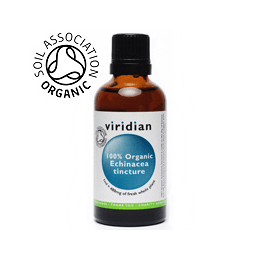
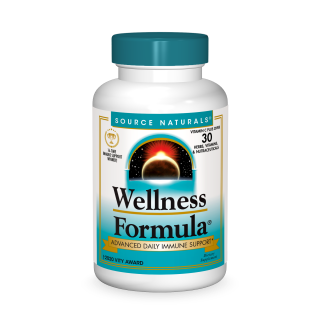
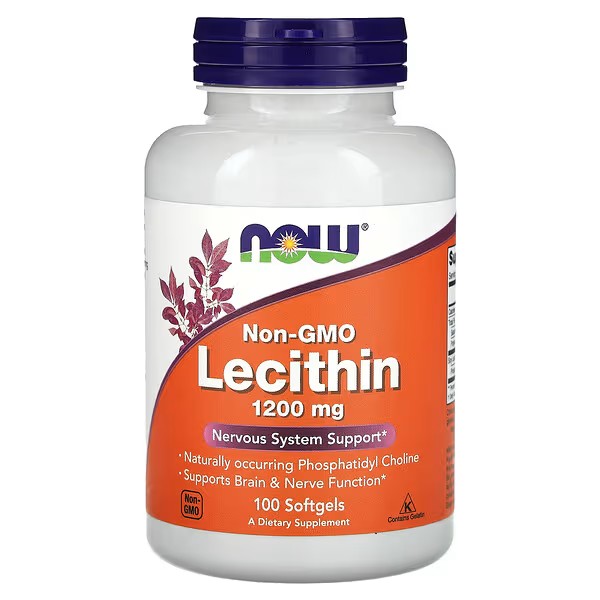
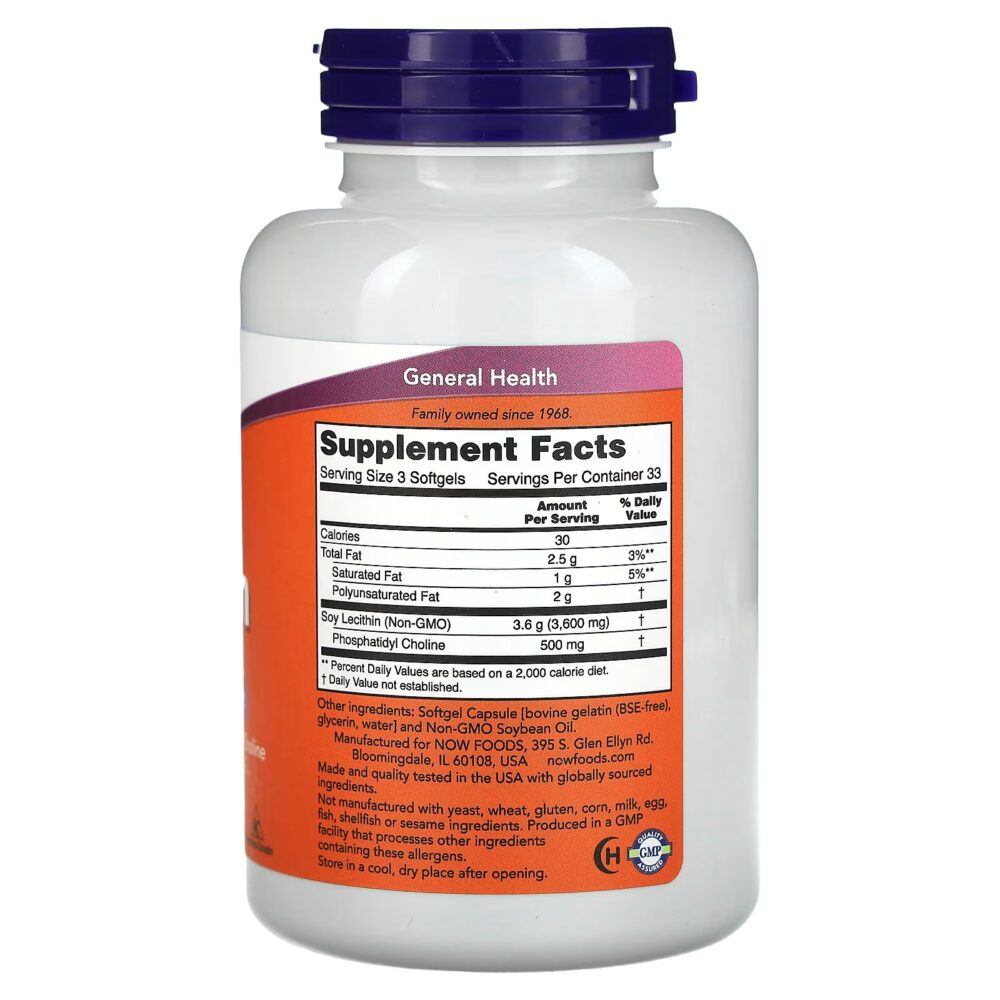
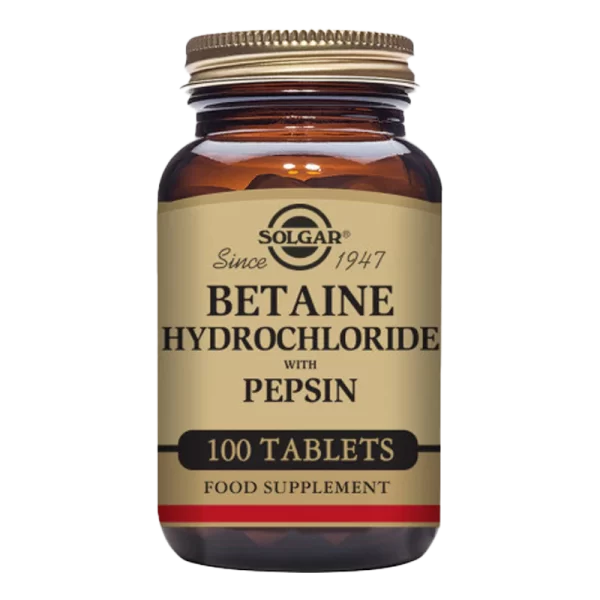
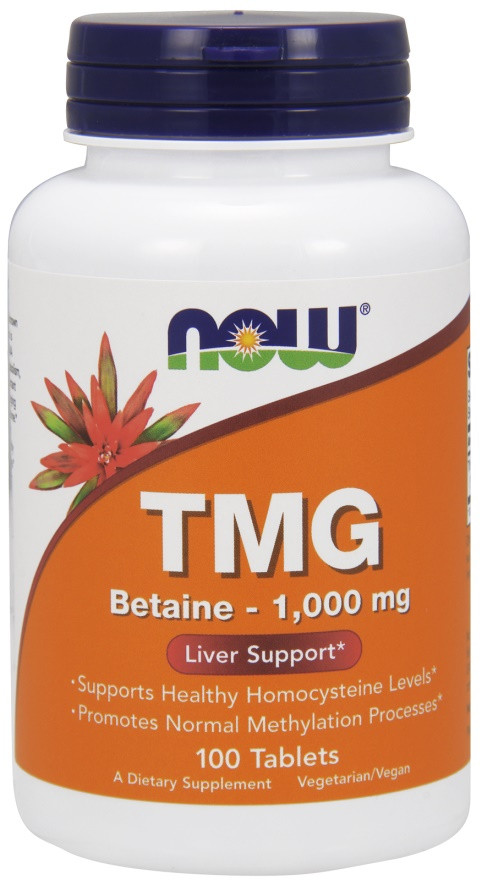
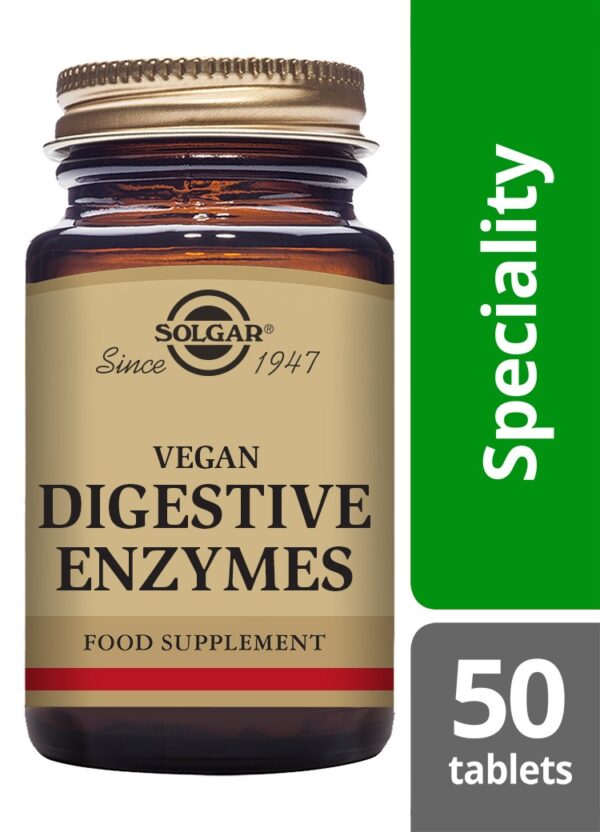
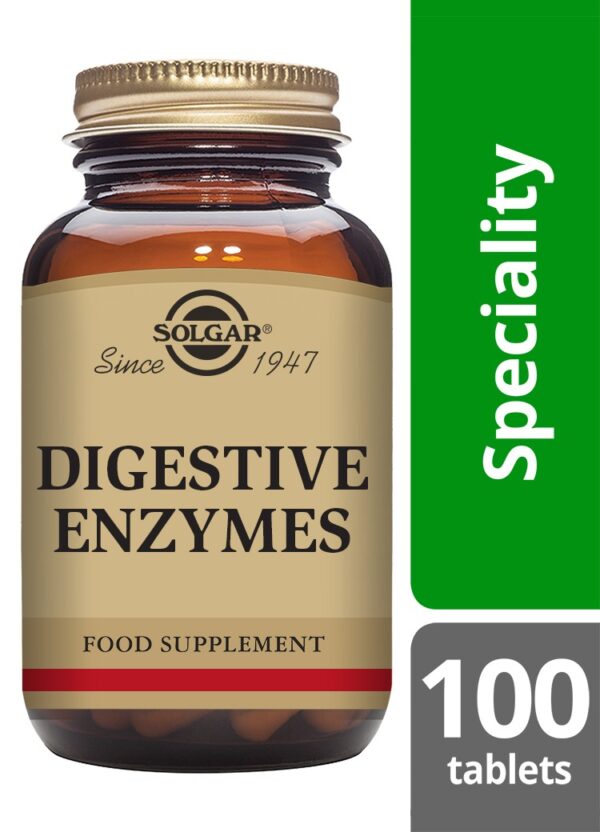
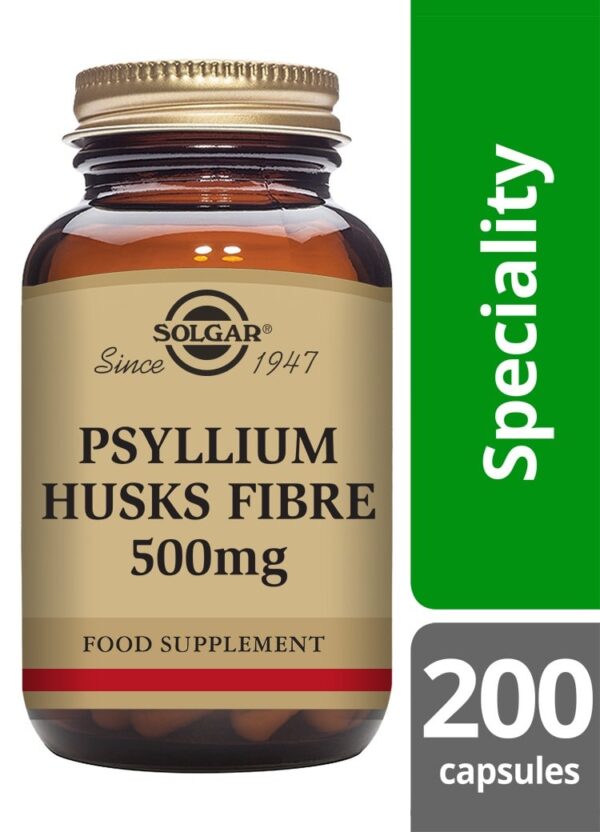
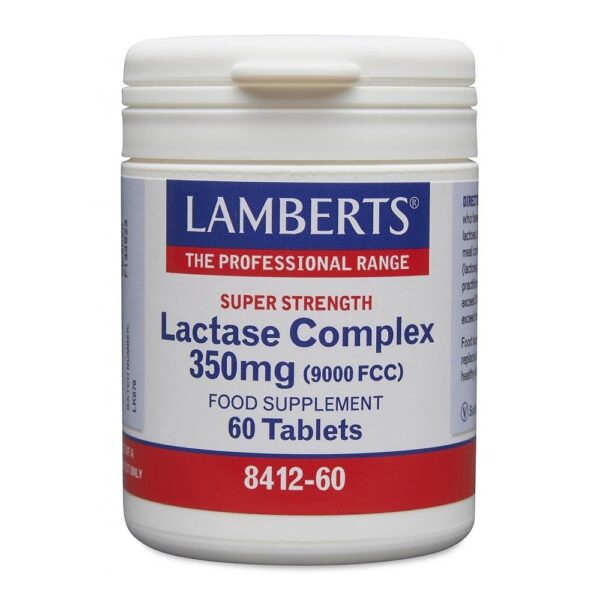
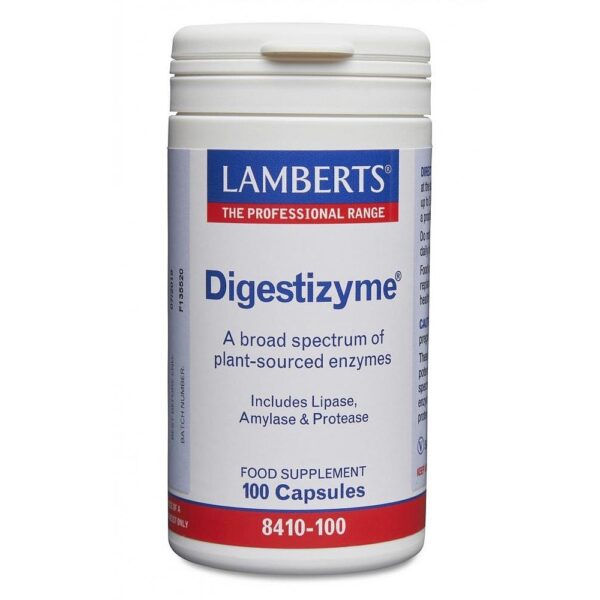
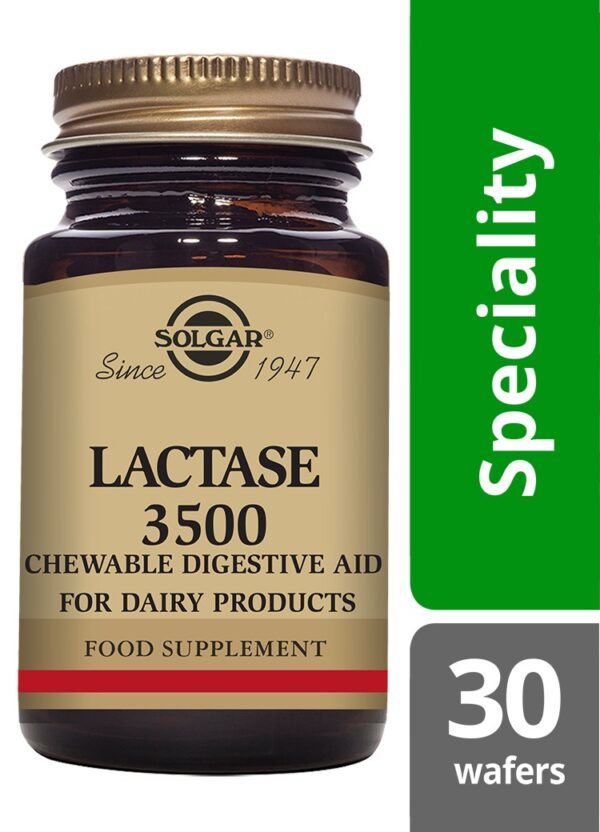
Reviews
There are no reviews yet.